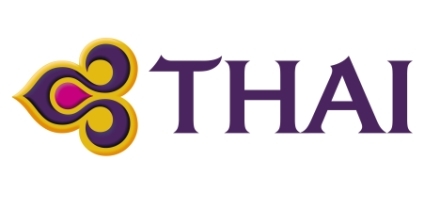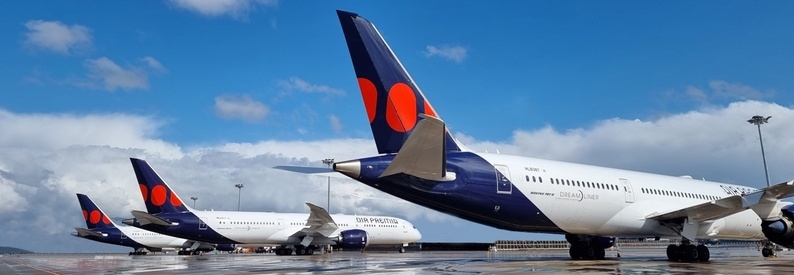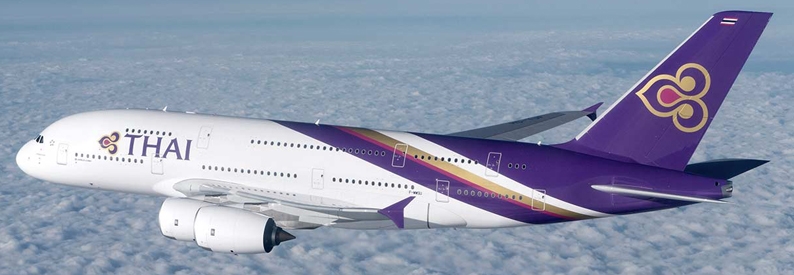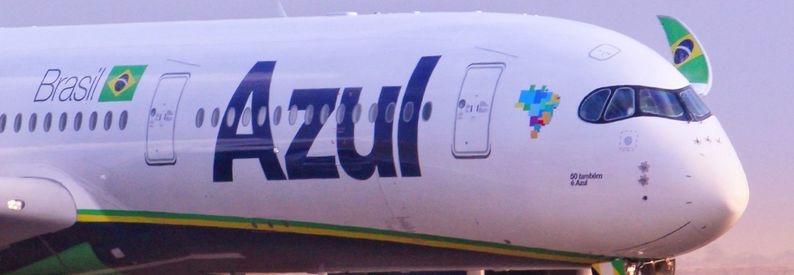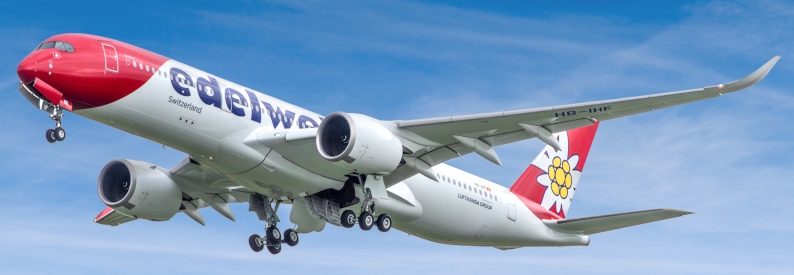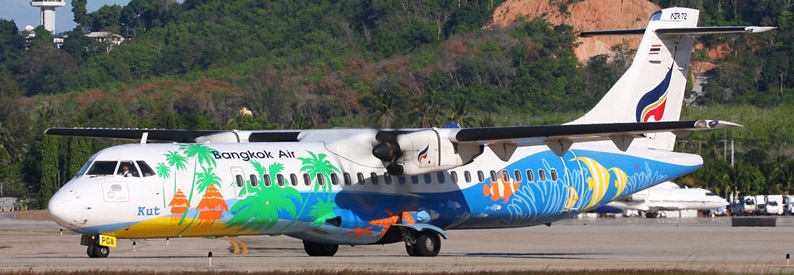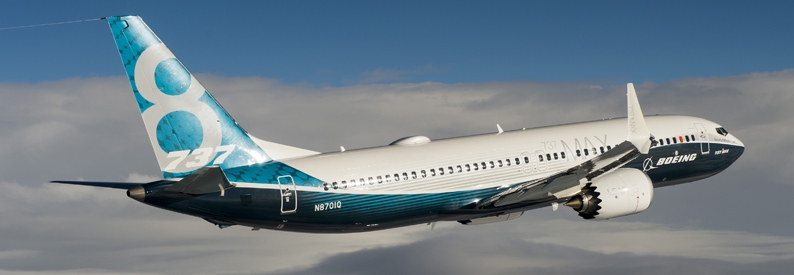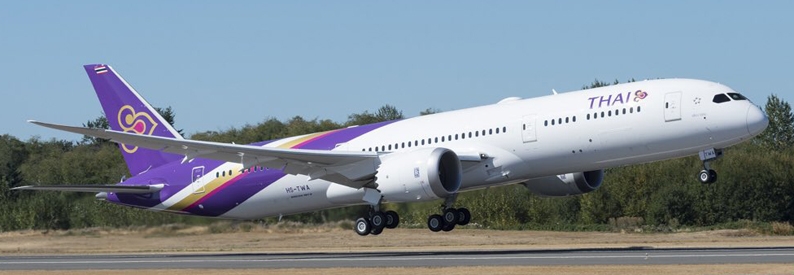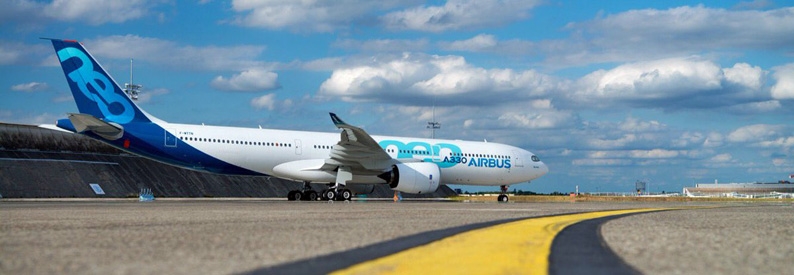Thai Airways International (TG, Bangkok Suvarnabhumi) has issued a press release denying it might be facing bankruptcy shortly after the local media reported president Sumeth Damrongchaitham warned the carrier’s employees that unless they cooperate in urgent restructuring, the firm will face closure.
"These news reports entirely misconstrued messages conveyed in a meeting that was held with Thai staff, which was intended to bring about employee awareness of the highly competitive state of the airline industry," the Thai flag carrier clarified.
Earlier, the Bangkok Post has reported that Sumeth warned employees that the situation of the airline was very serious.
"Today I want staff to be united to overcome the obstacles. Otherwise, the national airline must close down. There is still time for a solution, but there is not much time," Sumeth wrote in an internal memo to the carrier’s management.
The Thai flag carrier has been suffering heavy losses for the past years. In the first half of 2019 alone, it lost THB6.44 billion bahts (USD212 million), bringing its accumulated loss up to THB280 billion (USD9.2 billion). Repetitive restructuring attempts have so far yielded little progress.
Sumeth added that "everyone will die if the vessel sinks". He urged staff to fully commit to the restructuring as there was no time to lose. As a part of the savings drive, Sumeth announced that no bonuses will be awarded in 2019, the salaries of managerial staff will be reduced, and the purchasing policies in the catering department will be reviewed to eliminate waste.
English-language daily The Nation has further reported that Thai Airways will transfer five regional routes to its narrowbody subsidiary Thai Smile (Bangkok Suvarnabhumi). The change will include services from Bangkok Suvarnabhumi to Vientiane in Laos, Phnom Penh in Cambodia, Hanoi Noi Bai International and Ho Chi Minh City in Viet Nam, and Yangon in Myanmar. According to the ch-aviation schedules module, Thai Airways currently operates all five routes with its widebody A330-300 and B777-200 aircraft as it has no narrowbody jets. In turn, Thai Smile will deploy A320s, which are better suited to the level of demand.
Sumeth explained that due to competition and relatively limited demand, Thai was unable to compete with low-cost carriers on these routes.
He added that the airline will evaluate its strategy to compete on price.
"Our prices this year have been reduced to a record low and if this strategy doesn't work, we may take a different direction, such as seeking more partners for organisation tickets, increasing online channels, or giving privileges to frequent fliers," Sumeth said.
